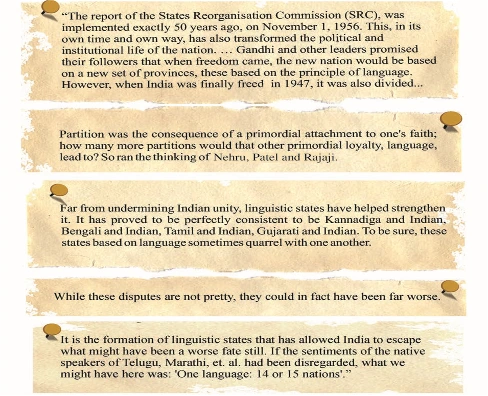![]() 27 Nov 2023
27 Nov 2023
The Constitution empowers the central government significantly while also acknowledging regional identity within the Indian federal system. This balance creates expectations for greater state involvement in governance. Such expectations have led to demands for more autonomy and power by states, occasionally causing tensions with the central government. Legal disputes can be settled in court, but autonomy requests require negotiation due to their political nature.

<div class="new-fform">
</div>